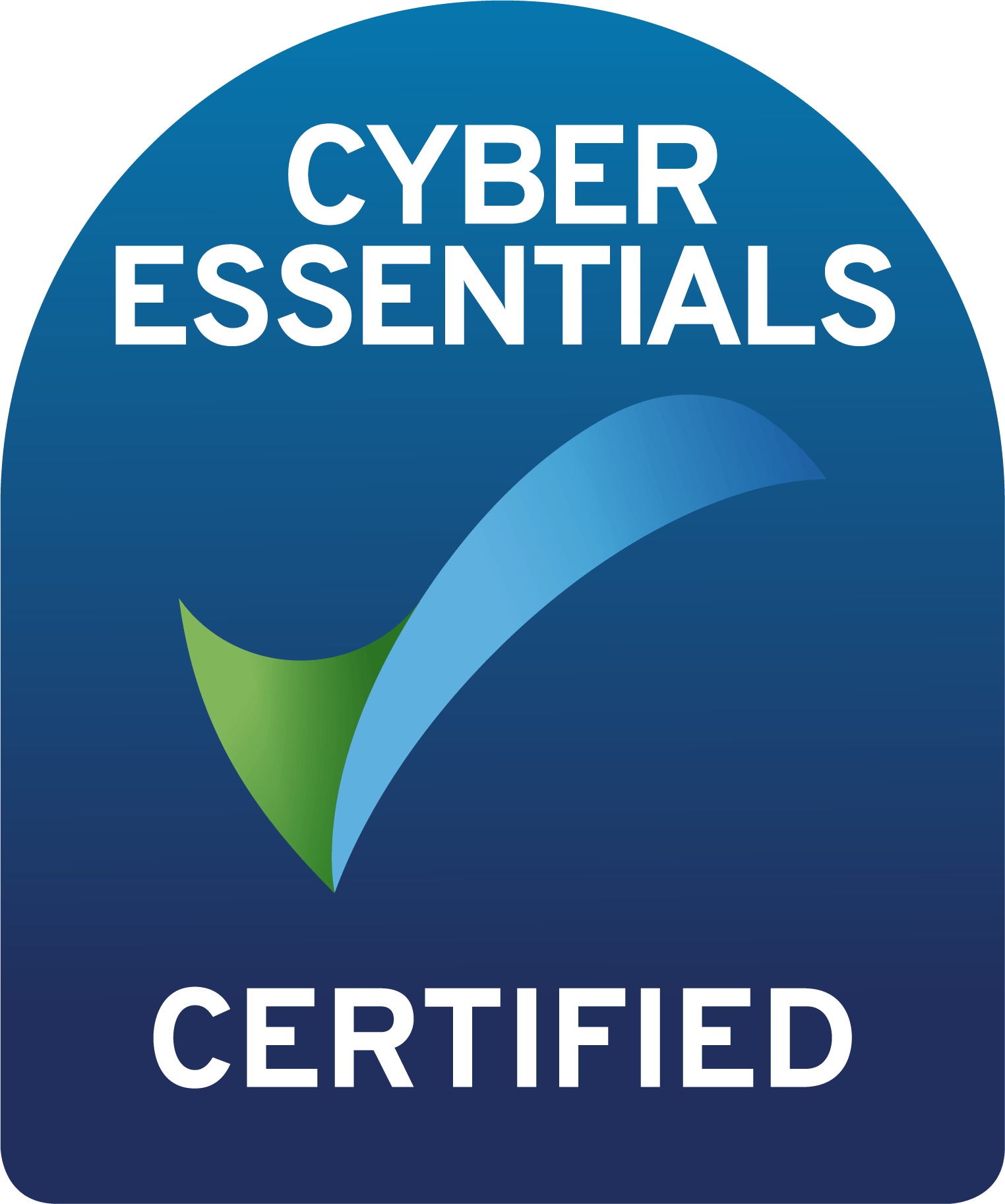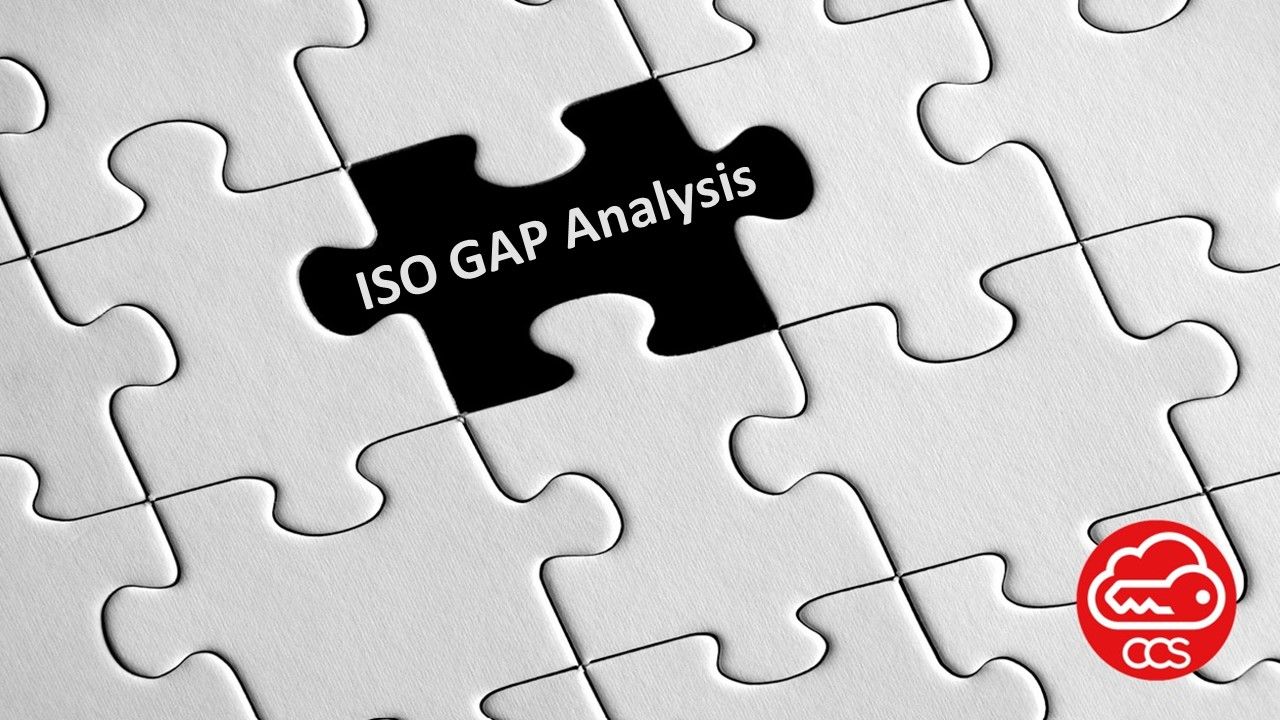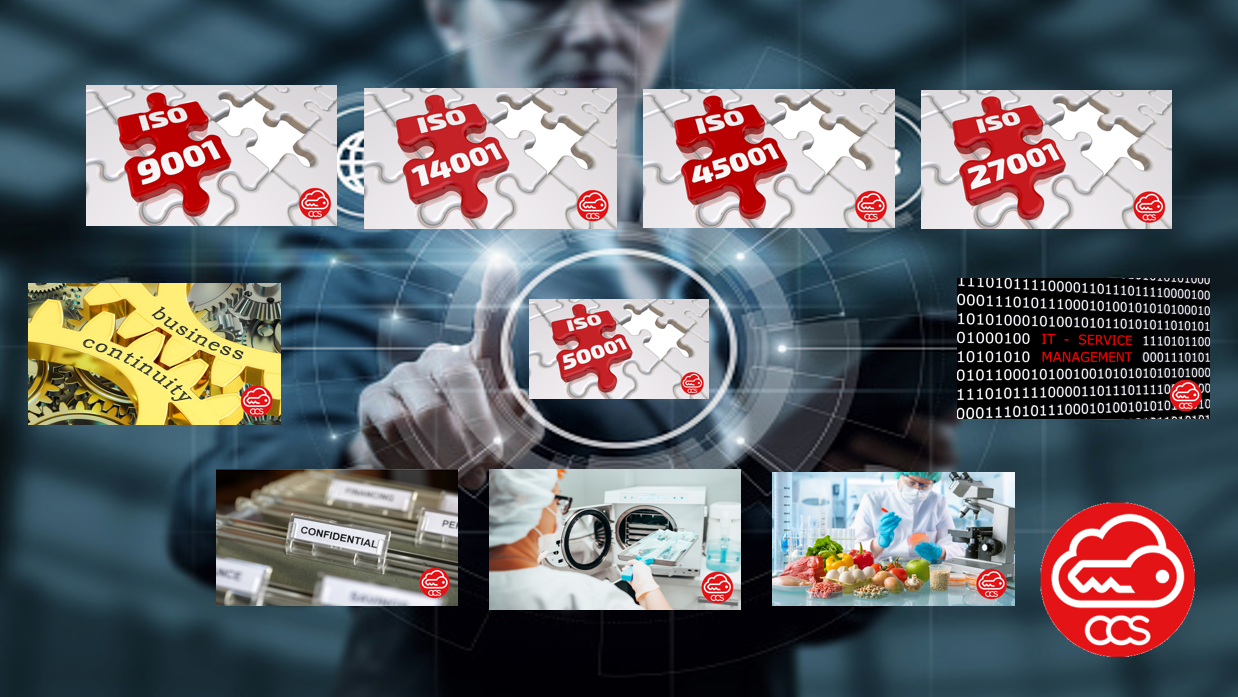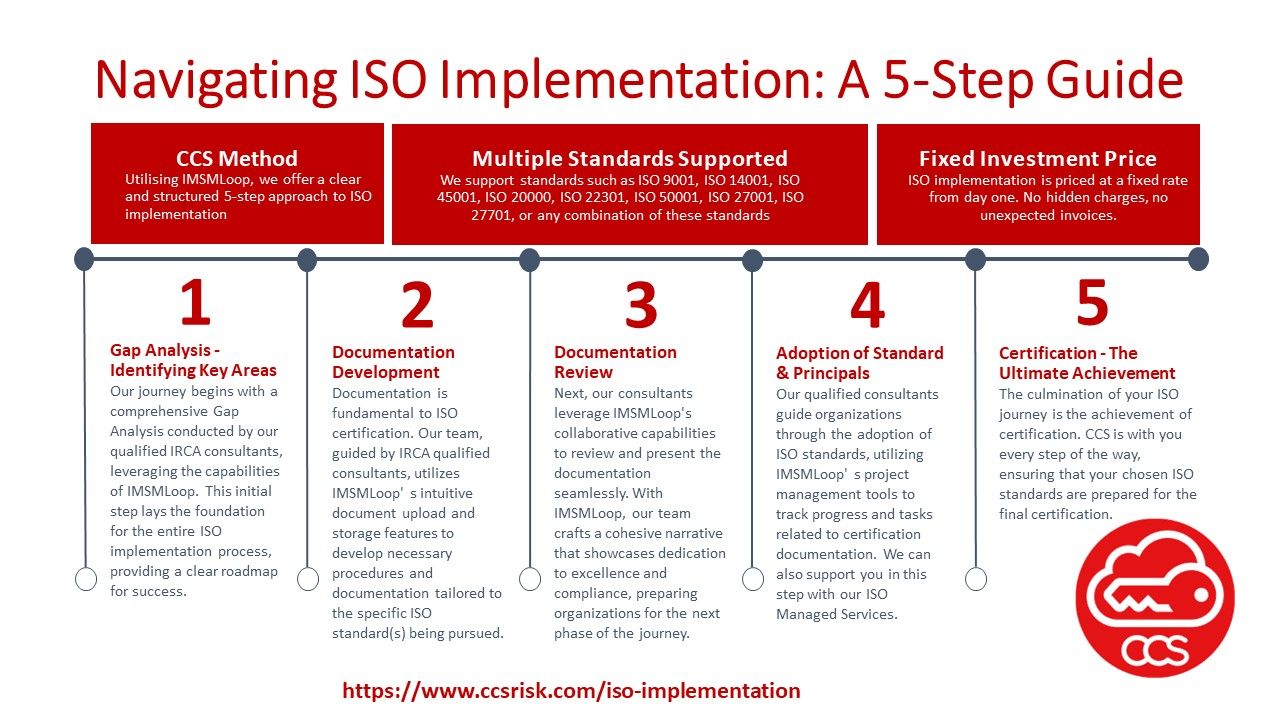CCS Gap Analysis Service:
Assessing Your Readiness for ISO Standards Adoption
As businesses strive for excellence, adopting international standards such as ISO can provide a framework for achieving operational efficiency, quality, and customer satisfaction. However, embarking on the ISO certification journey can be a daunting task without a clear understanding of your organisation's current state and the necessary steps for improvement.
This is where the Gap Analysis service offered by CCS becomes invaluable. In this article, we will explore how CCS's Gap Analysis service can help businesses assess their readiness for ISO standards adoption and pave the way for a successful implementation.
Assessing Your Current ISO Management System:
The first step in the Gap Analysis process is a thorough assessment of your existing management system. CCS consultants will work closely with your organisation, examining your processes, procedures, documentation, and practices to identify strengths, weaknesses, and areas for improvement. This comprehensive evaluation provides a holistic view of your current management system and acts as a benchmark against the requirements of the desired ISO standard.
Assembling the ISO Gap Analysis Team
Establishing an effective management system through the implementation of an ISO standard involves a critical step: conducting a comprehensive Gap Analysis within the organization. This process is facilitated by assembling a diverse team of key stakeholders, each contributing their expertise in alignment with the requirements of the chosen ISO standard.
Here are key stakeholders who should be involved in the Gap Analysis, with their corresponding ISO standards:
ISO Standard-Specific Role
- Quality Management Representative (ISO 9001):
- Why: Overseeing quality management efforts, ensuring alignment between current measures and ISO 9001 requirements, providing insights into quality policies, procedures, and controls.
- Environmental Management Representative (ISO 14001):
- Why: Engaged in environmental management, their participation is vital for understanding environmental aspects, impacts, and ensuring alignment with ISO 14001 requirements.
- Occupational Health and Safety Representative (ISO 45001):
- Why: Essential for identifying and assessing health and safety risks, ensuring compliance with ISO 45001 standards, and promoting a safe working environment.
- Information Security Representative (ISO 27001):
- Why: Critical for safeguarding information assets, their involvement ensures compliance with ISO 27001 requirements, addressing risks related to information security.
- Energy Management Representative (ISO 50001):
- Why: Key for evaluating energy-related practices and ensuring alignment with ISO 50001 standards, contributing to energy efficiency and sustainability goals.
- Business Continuity Representative (ISO 22301):
- Why: Focused on business continuity, their participation ensures preparedness for disruptions, aligning business processes with ISO 22301 requirements.
General Roles for All ISO Standards GAP Analysis
Regardless of the specific ISO standard chosen, the following stakeholders should attend the gap analysis, and CCS will guide you in determining the appropriate ones during the kick-off meeting.
- Process Owners and Managers (in-house or external):
- Why: Directly engaged in implementing and maintaining measures related to the chosen ISO standard.
- Risk Management Team:
- Why: Essential for identifying and assessing risks associated with the chosen ISO standard, ensuring a comprehensive examination of vulnerabilities and threats.
- Legal and Compliance Representatives:
- Why: Critical for ensuring compliance with laws and regulations related to the chosen ISO standard.
- Human Resources (HR) Representatives:
- Why: Acknowledging the significance of human factors, HR representatives contribute by assessing employee awareness, training, and adherence to the chosen ISO standard.
- Supply Chain and Procurement Specialists:
- Why: Key for ensuring quality inputs and outputs in the supply chain, evaluating preparedness for disruptions, and identifying gaps in procurement processes related to the chosen ISO standard.
- Key Business Process Owners:
- Why: Each business process interacts with and influences measures related to the chosen ISO standard. Involving process owners ensures a comprehensive analysis addressing specific needs and challenges.
- Executive Management Representatives:
- Why: Crucial for providing strategic support across the chosen ISO standard, ensuring alignment of organizational goals with the standard's objectives.
- Internal Audit Team:
- Why: Their involvement aids in preparing for future external audits related to the chosen ISO standard, ensuring ongoing compliance and readiness for scrutiny.
- Customer Service and Feedback Representatives:
- Why: Focused on customer satisfaction related to the chosen ISO standard, contributing to understanding customer expectations and identifying gaps affecting the overall experience.
Incorporating perspectives from these diverse stakeholders ensures a holistic and focused Gap Analysis, promoting effective implementation and continual improvement within the context of the chosen ISO standard.
Identifying ISO Standard Gaps and Recommendations:
Based on the assessment, CCS will identify the gaps between your current practices and the requirements of the target ISO standard. These gaps represent areas where your organisation needs to focus its efforts to align with the standard's expectations. The Gap Analysis report prepared by CCS will provide you with a clear understanding of the steps and changes necessary to achieve the required ISO standard. This report serves as a roadmap for your ISO implementation journey, outlining specific actions, timelines, and resources needed to bridge the identified gaps.
Moving Forward to Full ISO Standard Implementation:
Once you have reviewed the Gap Analysis report and gained a comprehensive understanding of the necessary improvements, CCS will support you in your journey towards full ISO implementation and certification. It is important to note that any consultancy investment made towards the Gap Analysis will be fully credited when you choose to proceed with the full implementation within six months of the Gap Analysis. This ensures that the initial investment in the Gap Analysis service acts as a valuable starting point for your ISO certification process, making the transition smoother and more cost-effective.
The Benefits of CCS ISO Gap Analysis Service:
- Strategic Decision Making:
- The Gap Analysis service enables informed decision making by providing a clear roadmap tailored to your organisation's specific needs and priorities.
- Time and Cost Efficiency:
- By conducting a thorough assessment of your current system, the Gap Analysis allows you to focus resources on areas that require improvement, saving time and reducing unnecessary costs.
- Risk Mitigation:
- Identifying and addressing gaps early on mitigates potential risks and ensures that your organization is well-prepared for ISO certification.
- Smooth Implementation Process:
- With a well-defined action plan derived from the Gap Analysis, the transition to full ISO implementation becomes seamless and manageable.
Adopting ISO standards can be a transformative journey for any organisation, promoting best practices, enhancing customer confidence, and driving continuous improvement. CCS's Gap Analysis service provides a valuable starting point, helping businesses evaluate their readiness, identify gaps, and create a roadmap for successful ISO implementation.
By leveraging this service, organisations can streamline their path to ISO certification, ensuring a smooth and efficient process. Trust CCS to guide you through this crucial stage of your ISO journey, and reap the benefits of an optimised management system that aligns with international standards.





